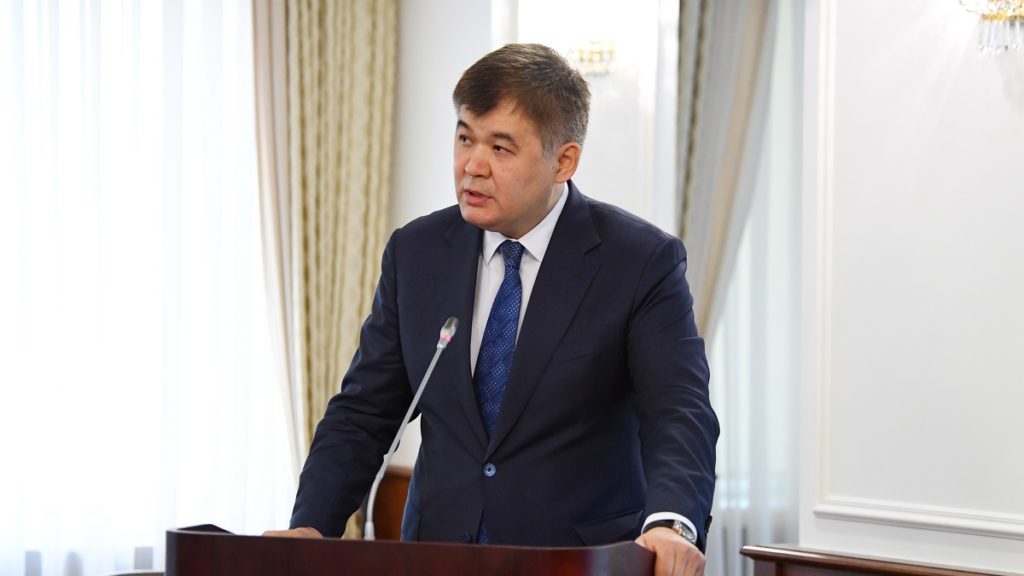NUR-SULTAN – Karaganda Region will launch a pilot project on compulsory social health insurance from September. The pilot will test practices for providing services, identifying insurance status and accounting.
A new model of guaranteed free healthcare was developed for the compulsory social health insurance system in 2018. It will take effect January 1.
Minister of Healthcare Yelzhan Birtanov described the three-tier system of healthcare support that had been developed at a June 18 meeting. The first level of the system ensures social health insurance paid for by the state for all citizens and permanently residing foreigners. It includes free primary healthcare, ambulance and air ambulance transport, emergency hospital care and a full range of care for socially significant diseases and chronic diseases, including the provision of medication.
The second level of the system provides additional services such as counselling, diagnoses, planned inpatient care and medication for a wide range of diseases, hospital replacement care and rehabilitation treatment.
The third level includes services not provided through the guaranteed free healthcare and compulsory social health insurance system. These services are chargeable or covered by voluntary insurance.
“The healthcare packages were developed in detail by experts and agreed to by regional healthcare departments, government bodies and the Atameken National Chamber of Entrepreneurs. The projects are approved by the public council of the Ministry of Healthcare,” said Birtanov.
The ministry and local executive bodies are implementing a plan of measures to improve the quality and accessibility of primary healthcare and social care (PHC) for 2019 to 2020.
Some 18.7 million people are registered at primary health care organisations. Some 785,000 people, or more than 4 percent of the population, are not registered.
From 2020, the compulsory social health insurance system is expected to cover 94.5 percent of the population.
“According to our forecasts, the number of independent payers will be about one million people, including 770,000 self-employed people,” he said.
The insurance system will increase the provision of healthcare for socially vulnerable groups. Eight socially vulnerable categories, including children, pregnant women, mothers of many children, retired people and others, were identified. It is expected that approximately 10.9 million socially vulnerable people will receive social health insurance.
Some services will be expanded as part of the compulsory social health insurance. Funding for diagnostic services will triple; funding for dental services will more than double.
“We have developed a regulatory base. Now we are conducting explanatory work. We also deal with automation processes, equipment and digitisation of the healthcare sector. We expect a visible effect on the availability and quality of healthcare for the population,” he said.
The ministry’s information systems will be integrated with the information systems of government agencies and service providers and the availability of service providers will be automated by October. The ministry will conclude contracts with providers of insurance services by 2020.
The government is working on a healthcare development state programme for 2025. Prime Minister Askar Mamin tasked the government with equipping regional healthcare organisations with computers, internet access and information systems. The positive trend is observed in the Atyrau, Mangistau and Pavlodar regions.
“We have a task to increase the availability and quality of healthcare services,” he said.
It is necessary to raise awareness about the guaranteed free healthcare and insurance system among people.



